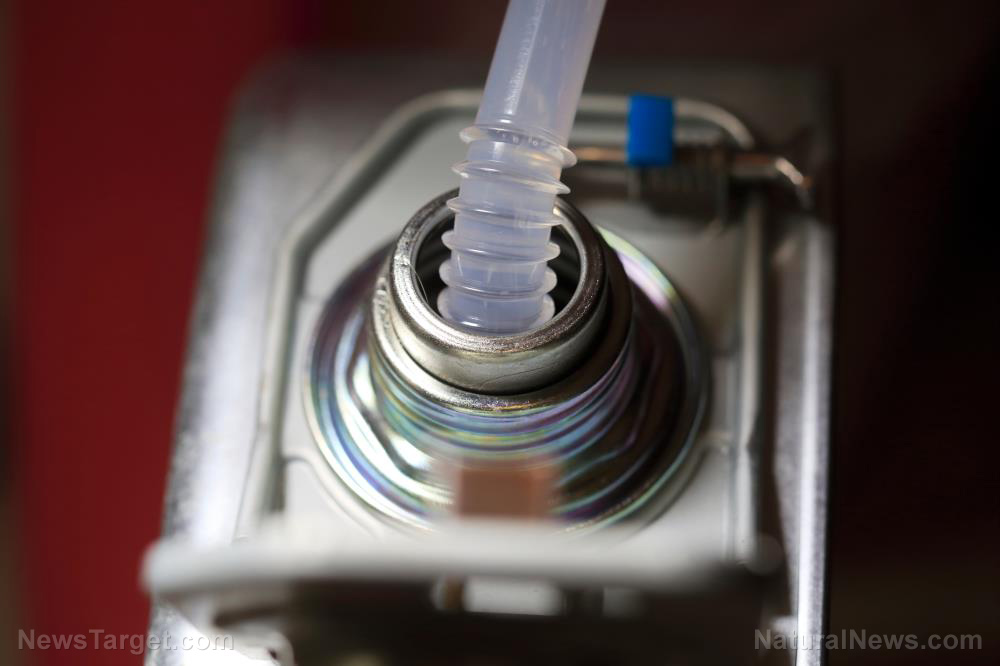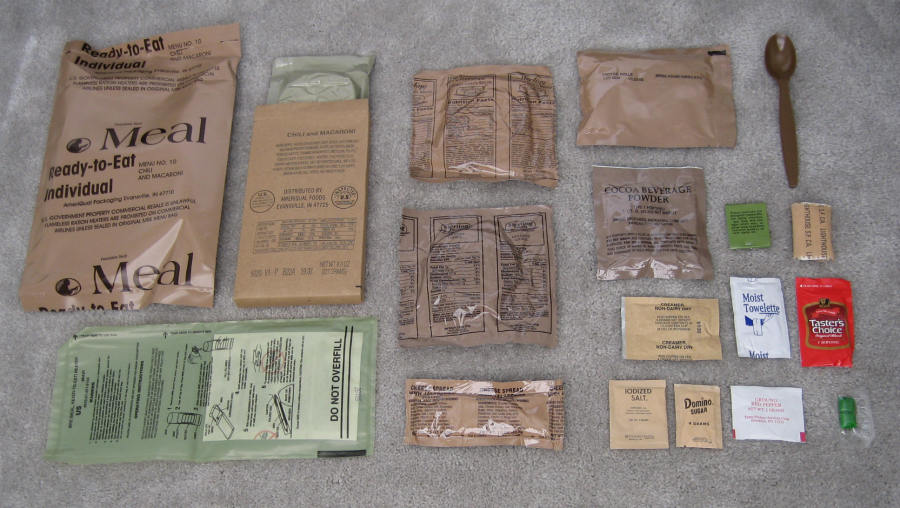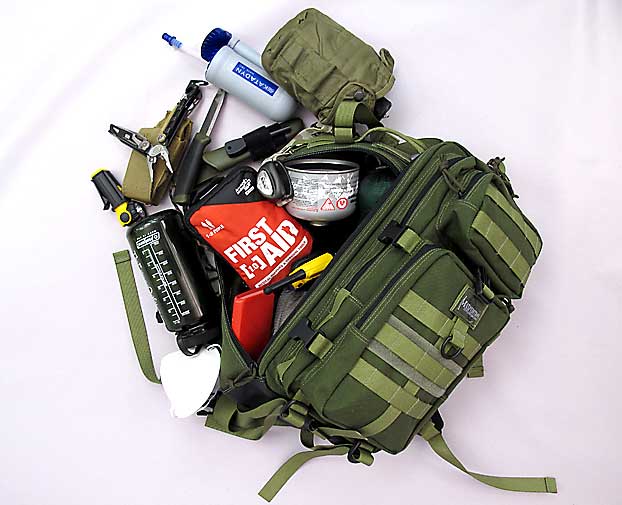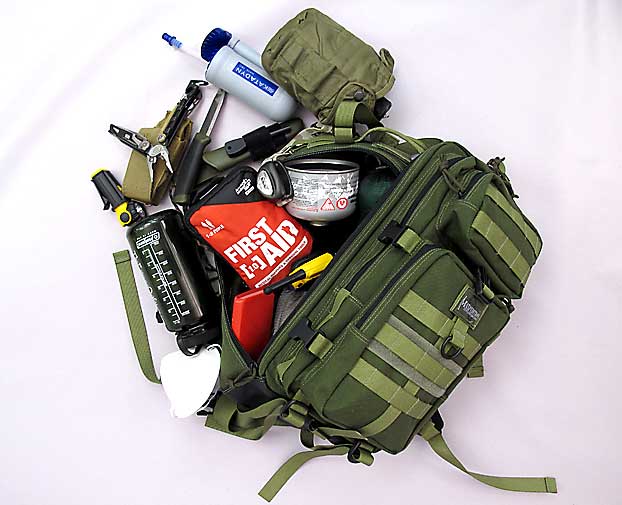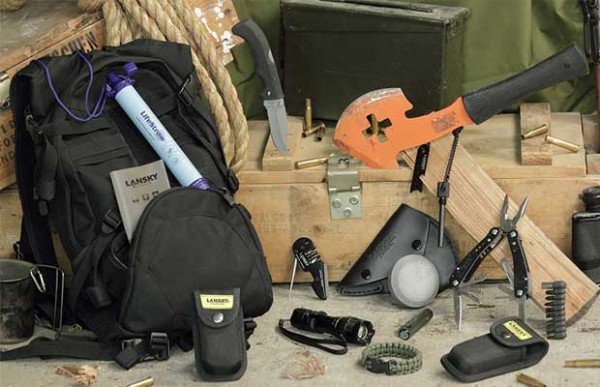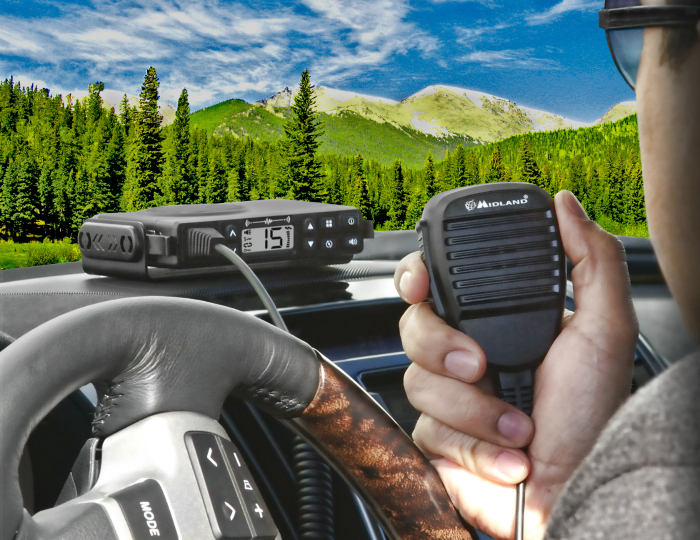10 Tips for long-term gun and ammo storage
09/21/2021 / By Divina Ramirez

While it’s important to store food and water in case SHTF, it’s also important to plan for self-defense. You need to be able to defend yourself in a true survival situation. That entails storing self-defense weapons like guns.
But there are some things to consider when storing guns and ammunition. Over time, factors like heat and moisture can wreak havoc on your equipment. Cartridges can rust and bullets can corrode and lose mass. If your guns and ammunition aren’t stored properly, these survival investments will just go to waste.
On that note, here are 10 tips on how to properly store your guns and ammunition for the long term: (h/t to ExpertPrepper.com)
1. Determine your reasons for storage
Your reasons for storing guns and ammunition are yours alone. In most cases, though, “storage” means you won’t be shooting the gun for several months. This is different from any self-defense weapon you have hidden under your bed or in a biometric safe for easy access. Those weapons are ready to be fired at any time in case of an attack or home invasion and should be maintained and cleaned regularly.
2. Thorough cleaning is just for short-term storage
How you should prepare a firearm for storage differs based on whether you’ll be storing it for the short term or the long term. Short-term storage, which entails storing firearms for a few months up to a year, can be as simple as thoroughly cleaning the gun and lubricating it with a product to protect metal surfaces.
Some preppers also like to wrap their guns in acid-free paper and add a few desiccant packs to the gun’s case to keep everything dry. Long-term storage is a different story, as you’ll find out below.
3. Stored guns should still be easily accessible
Even if you plan to store your firearms for years, they should still be easily accessible should you need them. They don’t have to be as accessible as the firearms you use for home defense. But remember that you’re still responsible for those stored guns. Should they be kept somewhere with other kinds of memorabilia and materials, they could present a danger to those who might chance upon them.
A locker or suitcase you can lock is a good place to store your guns for the long term. (Related: Essential survival gear for the home.)
4. Clean guns before applying gun grease
Clean your guns thoroughly when preparing them for long-term storage. Nothing with any corrosive properties should remain on the gun in any way, and this includes fingerprints. Lubricate the guns lightly as you would for any day at the gun range, then wipe them down with silicone. This will provide a layer of protection.
The next step is to apply a thin layer of gun grease over the firearm’s external and internal parts. Naturally, this means removing bolts, carriers, slides, grips and even the cylinder. The gun grease will protect your weapons for years down the road, so long as the weapons are stored somewhere with a controlled temperature and humidity.
For a more modern approach, you could try vapor paper and vapor bags. Vapor paper is used to wrap a clean but untreated gun, which is then kept in a vapor bag. Both vapor paper and vapor bags prevent corrosion.
5. Keep moisture out
Moisture is your worst enemy when it comes to long-term firearm storage. Moisture will allow contaminants to easily attach themselves to your guns. Eventually, those contaminants can cause rust. You can add clay desiccants or silica gel packets to your gun case and ammunition canister to absorb moisture.
6. Burying firearms has its risks
One of the most popular techniques of storing guns is to slide them into long, polyvinyl chloride (PVC) tubes that can be capped at either end and then burying the tubes.
The main issue with this technique is that the firearm will no longer be in your control. Someone can just dig it up easily. After a few years, roots and ground moisture could damage the tubes and expose the gun inside.
Take these risks into account when deciding whether to bury your firearms for long-term storage.
7. Never put oils of any kind on ammo
Storing ammunition is simpler than storing guns. The single most important rule is to not put oils or chemicals of any kind on your ammunition. Just keep it in the original packaging it came with or in specially designed sealable canisters. You can add desiccants to these canisters as well to absorb moisture.
8. Clean and inspect guns and ammo when unpacking after long-term storage
When unpacking your stored guns and ammo after long-term storage, wipe them down with a clean cloth. Give them a thorough inspection before use. Have a qualified gunsmith check your guns if you notice any signs of corrosion or damage.
9. Routinely inspect your stored guns and ammo
Take the time to inspect your stored guns and ammo every few months. Check for signs of rust, moisture, holes or discoloration – anything that looks out of the ordinary. This way, you can address problems while they’re still small and haven’t completely wreaked havoc on your firearms.
10. Routinely check if your gun still shoots properly
You should take the time to test your guns every few months to see if they’re still working properly. Put some rounds through the gun, taking it slow and making sure that things are as they should be. When in doubt, have a qualified gunsmith inspect your firearms.
Go to Preparedness.news for more tips on proper gun maintenance.
Sources include:
Tagged Under: guns and firearms, how-to, preparedness, prepper, prepping, Storage, tips
RECENT NEWS & ARTICLES
COPYRIGHT © 2017 GEAR.NEWS
All content posted on this site is protected under Free Speech. Gear.news is not responsible for content written by contributing authors. The information on this site is provided for educational and entertainment purposes only. It is not intended as a substitute for professional advice of any kind. Gear.news assumes no responsibility for the use or misuse of this material. All trademarks, registered trademarks and service marks mentioned on this site are the property of their respective owners.



